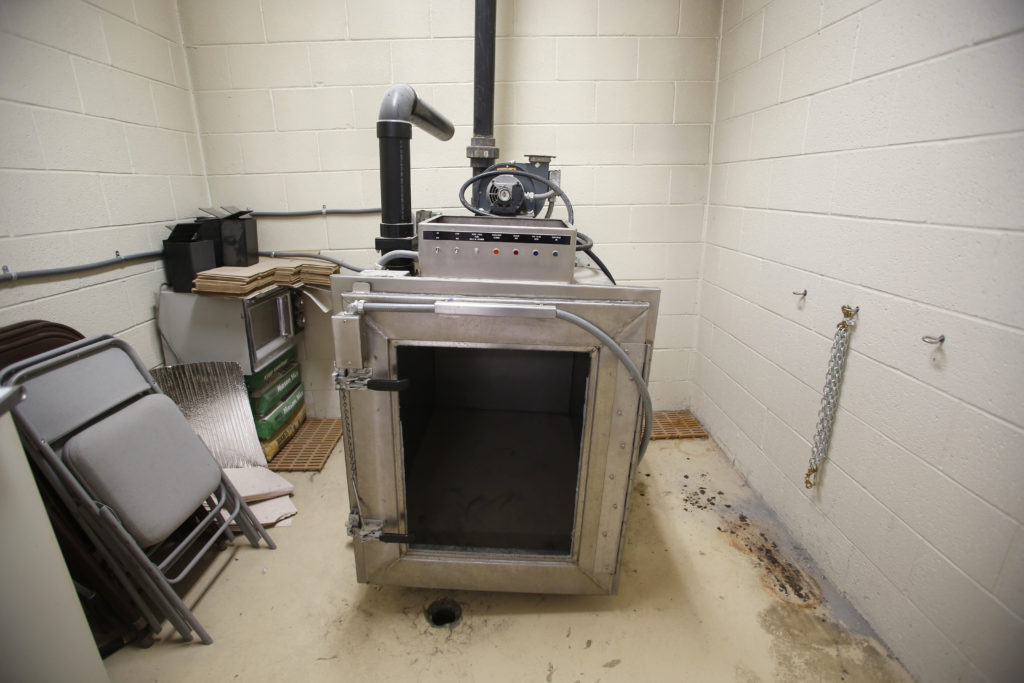
An online petition to end the practice of gas chamber euthanization of shelter animals in Missouri, Ohio, Wyoming and Utah has gained momentum among activists and citizens.
The petition aims to create a federal ban on the euthanization of shelter animals by asphyxiation in a gas chamber, a practice that can include putting multiple animals in the same chamber for gassing and that can take half an hour or more. Proponents of the petition say they favor safer and cleaner methods, such as euthanization by injection.
According to a statement by the Humane Society of the United States, animal welfare experts agree that if an animal needs to be euthanized, the most humane way is by injection.
“Gas chambers cannot provide humane euthanasia for shelter populations,” the statement said. “Old, ill, injured or otherwise circulatory-compromised animals may suffer from medical conditions that delay the effects of gas, causing them to experience distress prior to unconsciousness.”
Instead of banning the gassing practice on a shelter-by-shelter basis, proponents of the petition hope to gain Congressional support to create a federal ban.
For years, efforts to create a ban have had little success in the Utah Legislature, however.
Instead of going to the capitol again, the Humane Society of Utah aims to educate shelter employees of the superiority of injection euthanization over gas chamber euthanization.
Deann Shepherd, director of marketing and communications at the Humane Society of Utah, helps educate shelter workers by explaining to them that injection is less expensive, faster, painless, more humane and safer for staff members since they aren’t exposed to carbon monoxide when they get an animal out of the gas chamber.
She said that much of the training is well-received by shelter employees who face the often difficult task of euthanizing animals.
“We have found through our research that they know that it is better for the animal to be euthanized by injection,” Shepherd said. “They feel better knowing that they ended the animal’s life in a humane way instead of putting them in a chamber.”
The South Utah Valley Animal Shelter is one of four shelters in Utah that the Humane Society said still practices euthanization via gas chamber.
Kierstan Munford, the executive director of the shelter, said that in some instances, it’s better to euthanize via gas chamber.
“If we’re dealing with a fractious animal or a mean dog, it’s safer for our staff to handle the animal for the least possible amount of time,” Nord said.
Nord said that if a federal ban were to be placed on gas euthanization, the shelter would need to implement new euthanization procedures.
While the practice of gas euthanization is still in place in Utah, many pet owners are in favor of either creating a ban on gas euthanization or using educational measures to stop it.
Former Provo council member and pet owner Laura Cabanilla is a staunch denouncer of gas chamber euthanization.
“Gas chamber euthanization is inhumane,” Cabanilla said. “I feel like there are so many better ways to deal with fractious animals or feral cats.”
The owner of several animals herself, Cabanilla recalled an experience of having to put a cat of her own down by means of injection, a euthanasia practice she is strongly in favor of.
“It was such as peaceful experience,” Cabanilla said. “We got to hold our friend while she just dozed off.”




